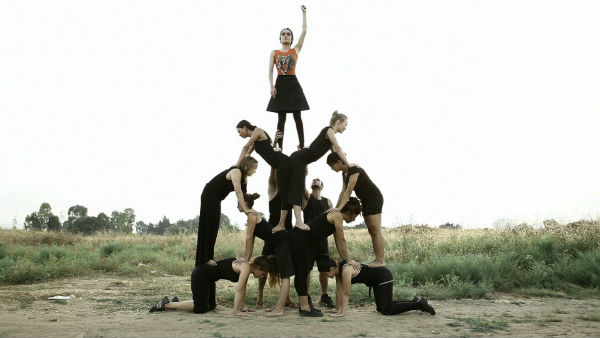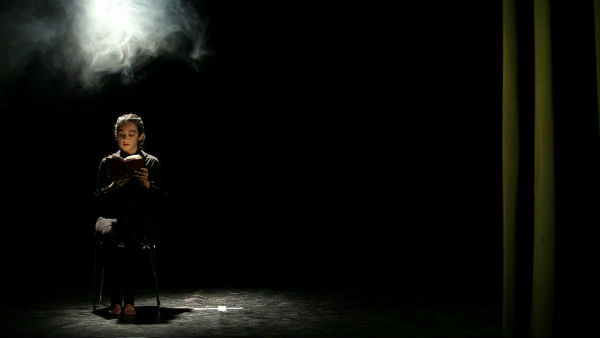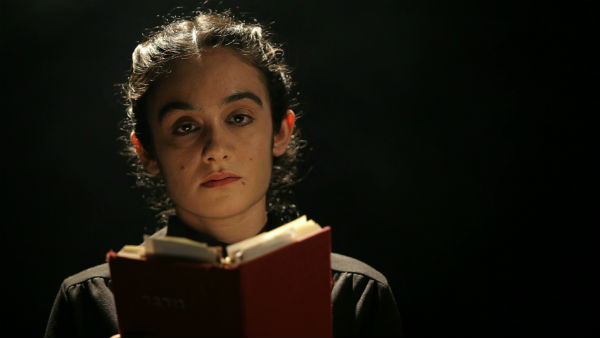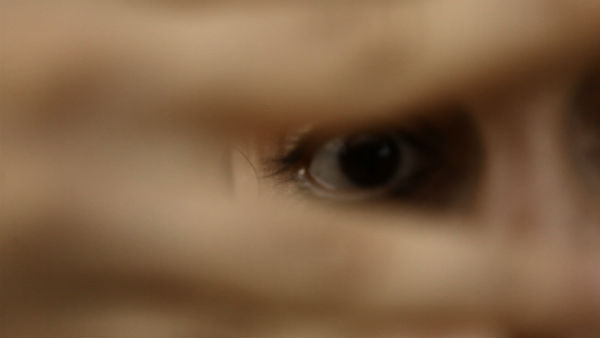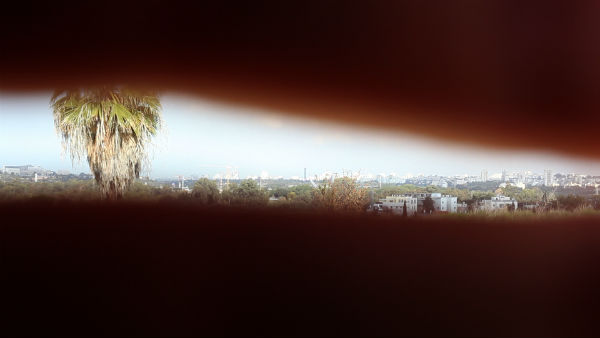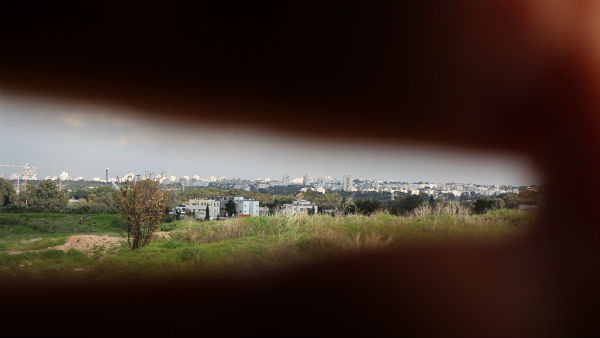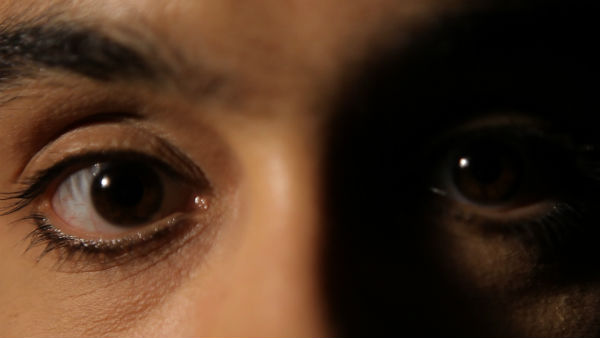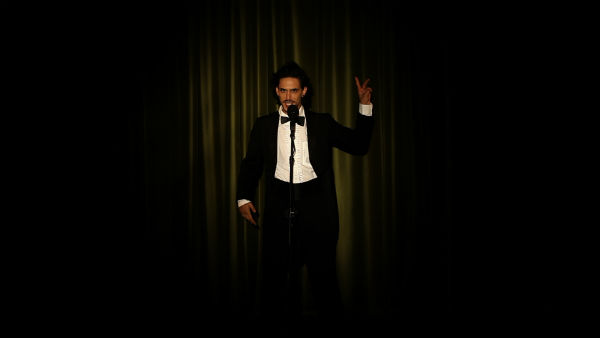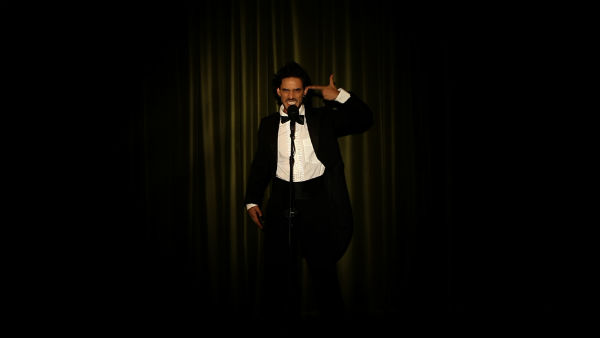Helly Mizrai
And He Shall Speak
Kav 16 - Community Gallery for Contemporary Art, Tel Aviv
March - April 2013
In the center of Helly Mizrai's movie And He Shall Speak, stands the figure of Jack Elias, a wanderer who uncovers/reveals a dark secret from his past. The movie's plot is formulated/consolidated according to the American television quiz show from the 50's "It is my secret" (1) in which the participants are required to reveal the secret of an unknown additional person, through a series of questions. While revealing his secret to the show participant's Elias confronts his past for the first time in his life and gives testimony to an event he was involved in about sixty years ago.
In And He Shall Speak Mizrai continues to fluctuate between the historical and the story telling, coping with questions concerning knowledge preservation, editing and transferring. The movie was filmed alternately in Neve Eliezer's Community Center Auditorium and the open fields of the neighborhoods outsides and bears characteristics of a filmed theater play. Mizrai weaves a narrative which uses visual, textual and psychological means, in order to build a plot which moves between falsehood and reality.
The movie presents two foundational contradictory views, the one which requests to learn, remember the past (represented by the artist) and the second, which demands to ignore the knowledge, represses the past and refuses to take responsibility on testimony delivery (represented by the wanderer).Through Jacque Eliyas story, Mizrai reflects on the witness role and his testimony. Eye Testimony is subjective and is delivered on first person, therefore no one except the witness himself, may hand it over. Nonetheless, testimony validity depends on an additional person presence that will arouse questions and be attentive to the witness answers. Giving testimony and transferring it further on, into the public discussion is the witness personal, social and ethical responsibility. Abstaining from testimony transmission may "conceal" facts which occurred in reality and therefor erase their existence from of a certain person's life continuity. May the wonderer's social obligation? May his wondering existence, being homeless and not belonging to a permanent place enable him the liberty not to give testimony that could had changed a life whole course?
Mizrai follows after the confessional process, as an uncontrolled human impulse, accompanied by regret and sadness, also when appearing after many years. She examines the idea of truth and the required path to be followed in order to reach it and implies on its subjective, fluid and tortuous character.
(1) Feldman, S. and Dori Laov, Testimony, witness crises in literature, psychoanalysis and History, translated to Hebrew Daphna Raz, Resling Publishers, Tel Aviv, 2008, p. 139.
Curator: Sally Haftel Naveh

